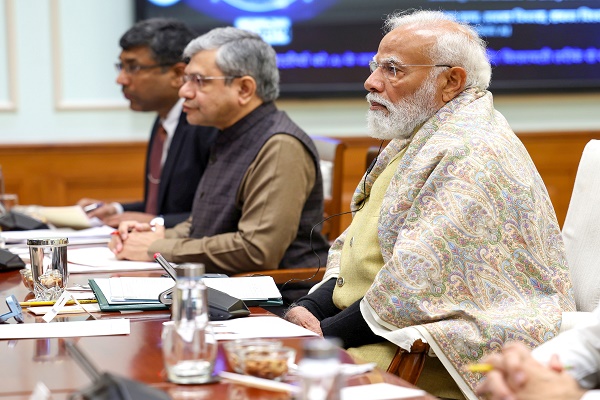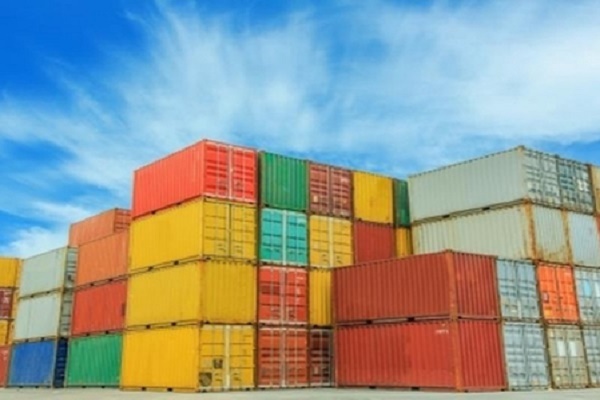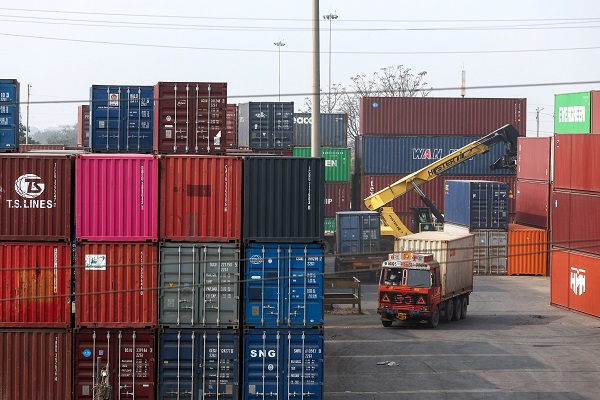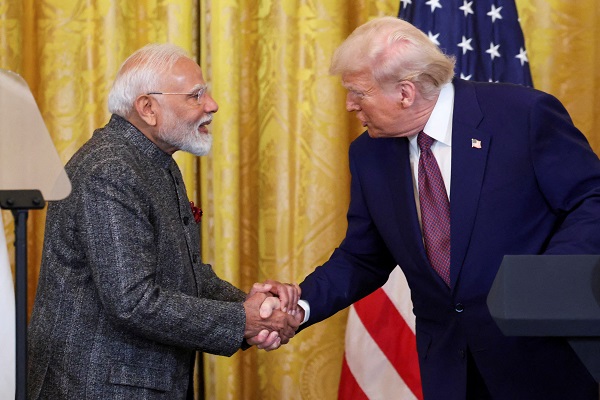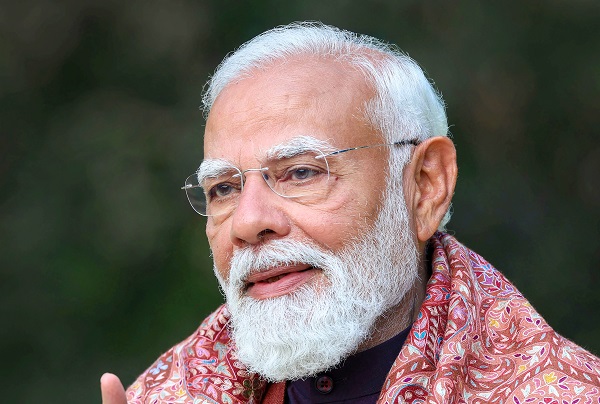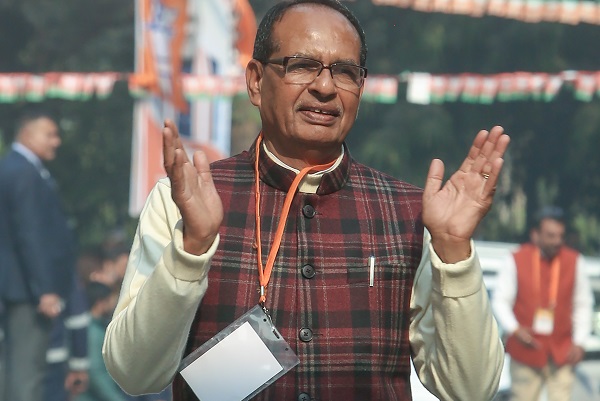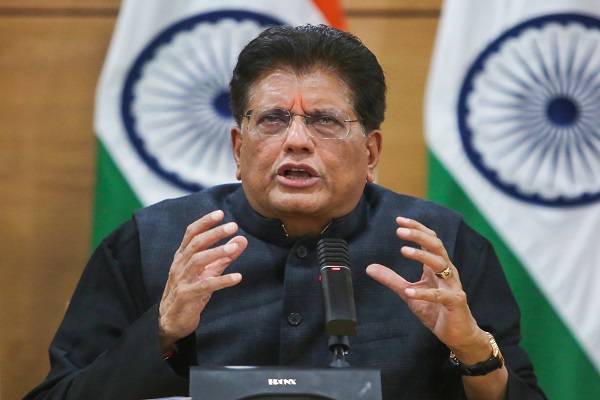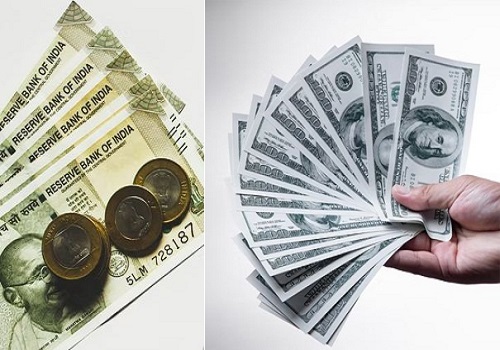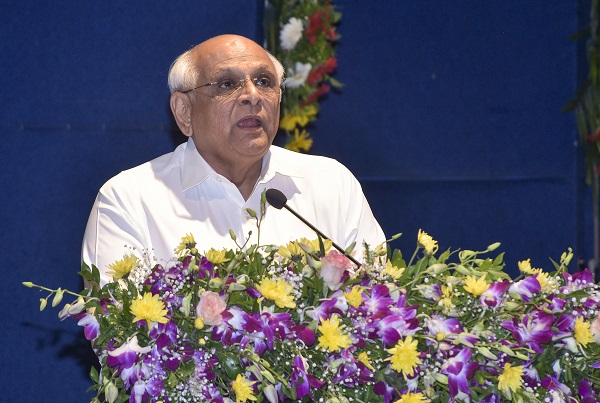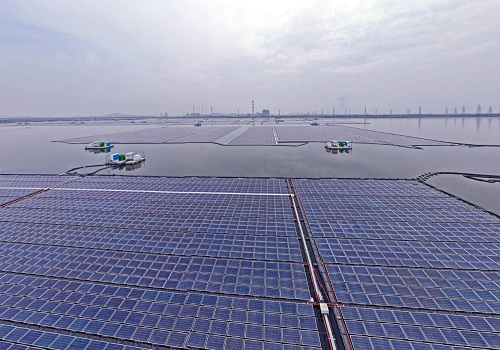Oil slips further as Iran nuclear talks set to resume
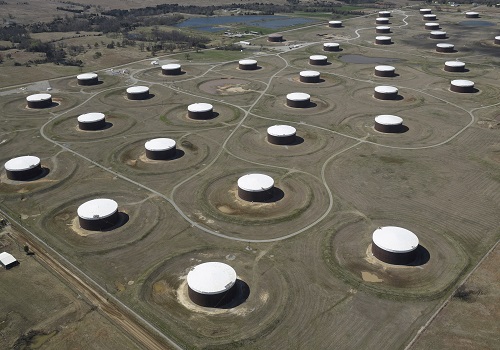
SINGAPORE -Oil prices extended declines on Thursday, pushing U.S. futures below $80 a barrel, after Iran and world powers agreed to resume nuclear talks this month that could lead to the removal of U.S. sanctions on Iranian oil, increasing global supplies.
U.S. West Texas Intermediate crude slid for a third day to $79.98 a barrel by 0326 GMT, down 88 cents, or 1.1%. Brent crude futures for January fell for a second session to $81.33 a barrel, down 66 cents, or 0.8%.
Both benchmarks on Wednesday posted their biggest daily percentage declines since early August, with Brent closing at its lowest since Oct. 7 and WTI since Oct. 13, after weekly inventory data from the U.S. Energy Information Administration showed a larger than expected rise in crude stocks last week. [EIA/S]
"The fall in oil prices overnight was likely partly due to the rise in U.S. oil stockpiles," Commonwealth Bank commodities analyst Vivek Dhar said in a note.
"The more dominant driver of the decline in oil prices was Iran's announcement that the U.S. and Iran will resume talks on reviving a nuclear accord."
Tehran and six powers will start talks on reviving the 2015 Iran nuclear deal on Nov. 29. Iran has demanded that the United States remove sanctions that have been limiting its oil exports.
"We think [Iranian President Ebrahim] Raisi is still keen to strike a deal, despite his differences with the U.S., because of the economic windfall from U.S. sanctions being lifted," Dhar said, referring to the country's newly elected president.
Later on Thursday, the Organization of the Petroleum Exporting Countries and its allies including Russia, a group known as OPEC+, will meet. The group is expected to reconfirm plans to keep monthly supply increases steady despite calls for an acceleration.
"The majority of OPEC+ members cannot raise production from current levels ... while even Saudi Arabia has stressed the need to exercise caution on demand growth given increased COVID instances, while boosting crude oil output," Citi analysts said.
OPEC+ was likely to stick to its current policy despite pressure from oil importers, they added.
Also, top producers Saudi Arabia and Russia are more confident higher oil prices will not elicit a fast response from the U.S. shale industry, OPEC+ sources said, reflecting a desire to rebuild revenue and supporting the case against raising OPEC+ output more quickly.
However, several major oil companies are planning to increase output or shale spending next year which could undercut OPEC+'s efforts to control supplies and support prices.
(Reporting by Florence Tan; Editing by Richard Pullin)

